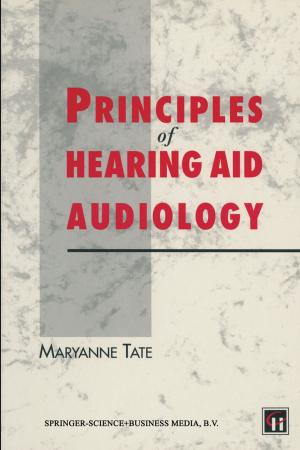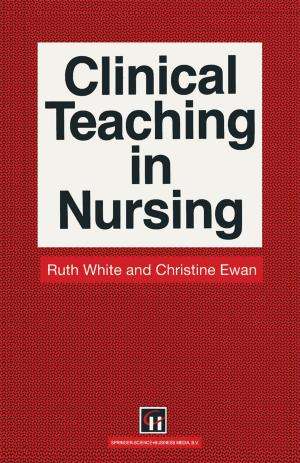Writing for Health Professionals
A Manual for Writers
Nonfiction, Reference & Language, Language Arts, Linguistics, Health & Well Being, Medical| Author: | Philip Burnard | ISBN: | 9781489928511 |
| Publisher: | Springer US | Publication: | December 20, 2013 |
| Imprint: | Springer | Language: | English |
| Author: | Philip Burnard |
| ISBN: | 9781489928511 |
| Publisher: | Springer US |
| Publication: | December 20, 2013 |
| Imprint: | Springer |
| Language: | English |
I try to leave out the parts that people skip. Elmore Leonard This book is all about writing: it is both a practical and a personal account. When you write a book like this you put yourself on the line: you run the risk of people reading what you have written and saying 'he's saying one thing and doing another'. You stand to break the rules that you set up - quite badly. That is probably not such a terrible thing; besides, that should be part of the process of using this book. As you read it, notice when rules are broken. Check the phrasing, the sentence and paragraph construction, and see whether or not I have stuck to the rules. Then see whether or not the rules would have improved the passage in question. Begin to read books as much for their style, layout and general format as for their con tent. If you are going to write, you need to see plenty of examples of all of these things - good, bad and indifferent. to write for some time but was always This is a book I have wanted nervous of writing, so here it is: an introduction to some of the ways and means of writing. lt is, as I say, personal; I hope it will be useful. A word about sexism and the writing process. I find the use of 'his or her' and its variants clumsy.
I try to leave out the parts that people skip. Elmore Leonard This book is all about writing: it is both a practical and a personal account. When you write a book like this you put yourself on the line: you run the risk of people reading what you have written and saying 'he's saying one thing and doing another'. You stand to break the rules that you set up - quite badly. That is probably not such a terrible thing; besides, that should be part of the process of using this book. As you read it, notice when rules are broken. Check the phrasing, the sentence and paragraph construction, and see whether or not I have stuck to the rules. Then see whether or not the rules would have improved the passage in question. Begin to read books as much for their style, layout and general format as for their con tent. If you are going to write, you need to see plenty of examples of all of these things - good, bad and indifferent. to write for some time but was always This is a book I have wanted nervous of writing, so here it is: an introduction to some of the ways and means of writing. lt is, as I say, personal; I hope it will be useful. A word about sexism and the writing process. I find the use of 'his or her' and its variants clumsy.















